“As long as young people have access to institutions and experiences that intrigue them (for example, children’s museums, travels to interesting sites) and are in regular contact with individuals who themselves are curious—and don’t take things on faith or for granted or are cynical about everything— the kids will be fine.” — Howard Gardner
“Mastering disciplines, learning to communicate effectively, engaging civilly in discussion and argument—these have and should remain at the forefront of an education,” says Harvard professor of Cognition and Education, Howard Gardner.
America was built with a great vision in mind. From the beginning, the Founding Fathers believed in the importance of education and investment in youth. On the 4th of July, what could be better than a conversation with Howard Gardner to reflect on the fulfillment of these goals?
Are we, as a society, doing our best? Do we give access to our youth through our educational system and the many different channels available for learning? America falls behind in global education rankings, so do we need to re-imagine to “flip the script” or do the global rankings even matter? Are we ensuring we progress and innovate and think more about what matters the most in curricula?
In a special July 4 interview with CMRubinWorld, Dr. Howard Gardner, the globally recognized professor and thought leader, reflects on all of these questions. Howard is a Professor of Cognition and Education at the Harvard Graduate School of Education. Author of over thirty books, he is perhaps best known in educational circles for his theory of multiple intelligences. Most recently, Gardner has launched a blog called “Life-Long Learning: a Blog on Education” in which he explores various issues in education and life-long learning.
“As Pasi Sahlberg contends, Finland improved in significant part because it took seriously the results of research on learning, much of it carried out in the U.S.” — Howard Gardner
On July 4th, Americans around the country and the world reminisce about the Great American Experiment led by George Washington in government and by Thomas Jefferson in education. Do you think we’re ready for a new “Experiment” – a similar leap of faith in order for us to remain a global leader in innovative education?
I feel fortunate that the United States allowed my parents— German Jews—to come to America—arriving in New York, as it happens, on Kristallnacht—the infamous “night of the broken glass”. Many relatives and millions of others were not so fortunate. In that sense I am patriotic. But more generally, I like to think of the US as but one member of a family of nations, part of the same tiny and vulnerable planet. Our educators can learn much from Finland, Singapore, Canada and other countries. Indeed, as Pasi Sahlberg contends, Finland improved in significant part because it took seriously the results of research on learning, much of it carried out in the U.S.
There are three major challenges for education today: 1) To become lifelong, beginning in the first year of life and extending to old age; 2) To go beyond curricula (subject matter) in the usual sense and to focus sharply on character (the kinds of human beings we want to nurture); 3) To prepare for a world where the landscape of work is likely to be totally different and changing constantly. If we can lead or cooperate on these challenges, great!
The holiday also stands for freedom, liberty and justice for all. New York State recently made headlines for being the first state to provide free college tuition for students. What are your thoughts on free universal education?
In much of the developed world, this question has already been answered. Public education is free through university. But of course someone has to pay for it. I favor a system where those who do well economically are taxed—yes, Cathy, taxed! —at a certain percentage to pay for the education of everyone who is a serious student. Of course, that’s what happens in effect in every country with public education.
“As a teacher, father, and grandfather, I rely continually on younger persons to introduce me to new technologies. At the same time, I hope to inspire them to use these technologies in innovative and also civil ways.” — Howard Gardner
July 4th is in many ways a nod to the past. When reshaping our education systems, should we solely focus on the future and innovation or are there forgotten elements of the past that we should bring back?
In the blog that I recently launched, I began with an examination of PAIDEIA, a book that traces the origins of education as we know it to the Greek city states. Mastering disciplines, learning to communicate effectively, engaging civilly in discussion and argument—these have and should remain at the forefront of all education. The ancients talked about the importance of understanding what is true (and what is not); what is beautiful (and what is not worth lingering over); and what is good (in terms of being a worthy person, worker, and citizen). These educational goals should be perennial.
The challenge for each age is to embody such goals, but to do so in ways that are contemporary—and forward looking—and which make sense to young and old.
Technology continues to evolve, creating new tools for processing knowledge, finding answers, and executing real world tasks. Lifelong learning has become essential. Globally, older generations are currently behind younger generations in knowledge in numerous respects. What should be done strategically in education to address the current and likely to be growing issue for all generations going forward?
As Katie Davis and I point out in The App Generation, technology is a wonderful terrain where young and old can work together synergistically. I am fortunate to be surrounded by young persons who are willing to be helpful to me. As a teacher, father, and grandfather, I rely continually on younger persons to introduce me to new technologies. At the same time, I hope to inspire them to use these technologies in innovative and also civil ways.
If I did not have that kind of support, I would either have to take courses at an adult learning center or find helpful online courses, for example through Khan Academy—where one can learn about information theory, algorithms, the Internet and many other topics.
Turning to our educational system, I endorse the addition of ‘coding’ to the traditional three R’s. All individuals growing up today should both be able to write code and to understand the potentials (as well as the pitfalls) of the new technologies—such as artificial intelligence and quantum computing—as well as their products—such as multi-user games and social media.
As for “adult education,” a medical analogy may be helpful. In my parents’ time, one went to the doctor and did what he or she recommended. Nowadays, most older persons secure lots of information from the Internet and have much more of a conversation with general practitioners and specialists. This same kind of ‘continuing conversation’ needs to take place with reference to technology. The “curricula” and “pedagogy” are available—it’s up to individuals across the age span to see ourselves as lifelong learners…and, if possible, lifelong teachers as well.
“Ultimately much learning will take place at home, on the street, online and not in formal buildings called schools.” — Howard Gardner
Lifelong learning could mean re-imagining education at all stages of life. In your mind, should we have different learning institutions for different age groups or should educational institutions be open to all ages? Do baby boomers really learn the same way millennials do or are there generational gaps in our ways of learning?
For the time being, we should not scuttle the current institutions, but ultimately much learning will take place at home, on the street, online and not in formal buildings called schools. As a psychologist trained in cognitive development, I believe that human beings continue to learn in similar ways across the generations—we don’t sprout new brains or new minds. But the media that are used, the examples that work, the roles of other persons as coaches or mentors—factors like that change constantly. My grandparents, born in the 19th century, would be totally bewildered by the media that we all take for granted today.
Humans, especially younger generations, often learn through exploring things. As students age, and move toward higher education and post-grad studies, educational tasks became more obligatory (often related to commercial goals), restricting to some extent our innate curiosity tendencies. What can educators do to further raise a sense of curiosity in their students, which will continue to motivate them to learn new things throughout their lives ?
That’s easy. Unless this mental stance is stamped out of us, we are all born to be curious, to explore the world, to ask questions. As long as young people have access to institutions and experiences that intrigue them (for example, children’s museums, travels to interesting sites) and are in regular contact with individuals who themselves are curious—and don’t take things on faith or for granted or are cynical about everything— “the kids will be fine”. Perhaps that’s an apt message for Independence Day!
C. M. Rubin and Howard Gardner
Join me and globally renowned thought leaders including Sir Michael Barber (UK), Dr. Michael Block (U.S.), Dr. Leon Botstein (U.S.), Professor Clay Christensen (U.S.), Dr. Linda Darling-Hammond (U.S.), Dr. MadhavChavan (India), Professor Michael Fullan (Canada), Professor Howard Gardner (U.S.), Professor Andy Hargreaves (U.S.), Professor Yvonne Hellman (The Netherlands), Professor Kristin Helstad (Norway), Jean Hendrickson (U.S.), Professor Rose Hipkins (New Zealand), Professor Cornelia Hoogland (Canada), Honourable Jeff Johnson (Canada), Mme. Chantal Kaufmann (Belgium), Dr. EijaKauppinen (Finland), State Secretary TapioKosunen (Finland), Professor Dominique Lafontaine (Belgium), Professor Hugh Lauder (UK), Lord Ken Macdonald (UK), Professor Geoff Masters (Australia), Professor Barry McGaw (Australia), Shiv Nadar (India), Professor R. Natarajan (India), Dr. Pak Tee Ng (Singapore), Dr. Denise Pope (US), Sridhar Rajagopalan (India), Dr. Diane Ravitch (U.S.), Richard Wilson Riley (U.S.), Sir Ken Robinson (UK), Professor Pasi Sahlberg (Finland), Professor Manabu Sato (Japan), Andreas Schleicher (PISA, OECD), Dr. Anthony Seldon (UK), Dr. David Shaffer (U.S.), Dr. Kirsten Sivesind (Norway), Chancellor Stephen Spahn (U.S.), Yves Theze (LyceeFrancais U.S.), Professor Charles Ungerleider (Canada), Professor Tony Wagner (U.S.), Sir David Watson (UK), Professor Dylan Wiliam (UK), Dr. Mark Wormald (UK), Professor Theo Wubbels (The Netherlands), Professor Michael Young (UK), and Professor Minxuan Zhang (China) as they explore the big picture education questions that all nations face today.
The Global Search for Education Community Page
C. M. Rubin is the author of two widely read online series for which she received a 2011 Upton Sinclair award, “The Global Search for Education” and “How Will We Read?” She is also the author of three bestselling books, including The Real Alice in Wonderland, is the publisher of CMRubinWorld and is a Disruptor Foundation Fellow.
Follow C. M. Rubin on Twitter: www.twitter.com/@cmrubinworld

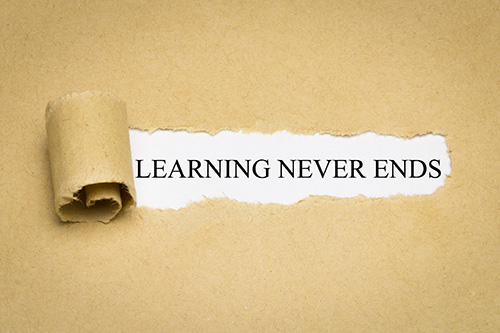
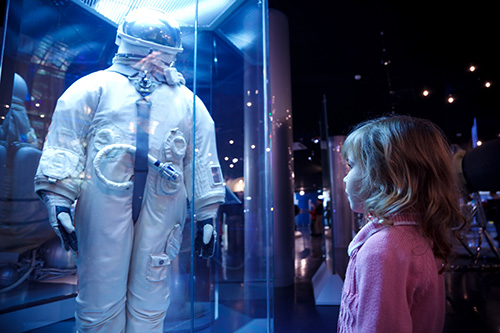


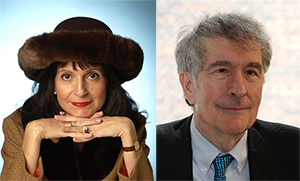

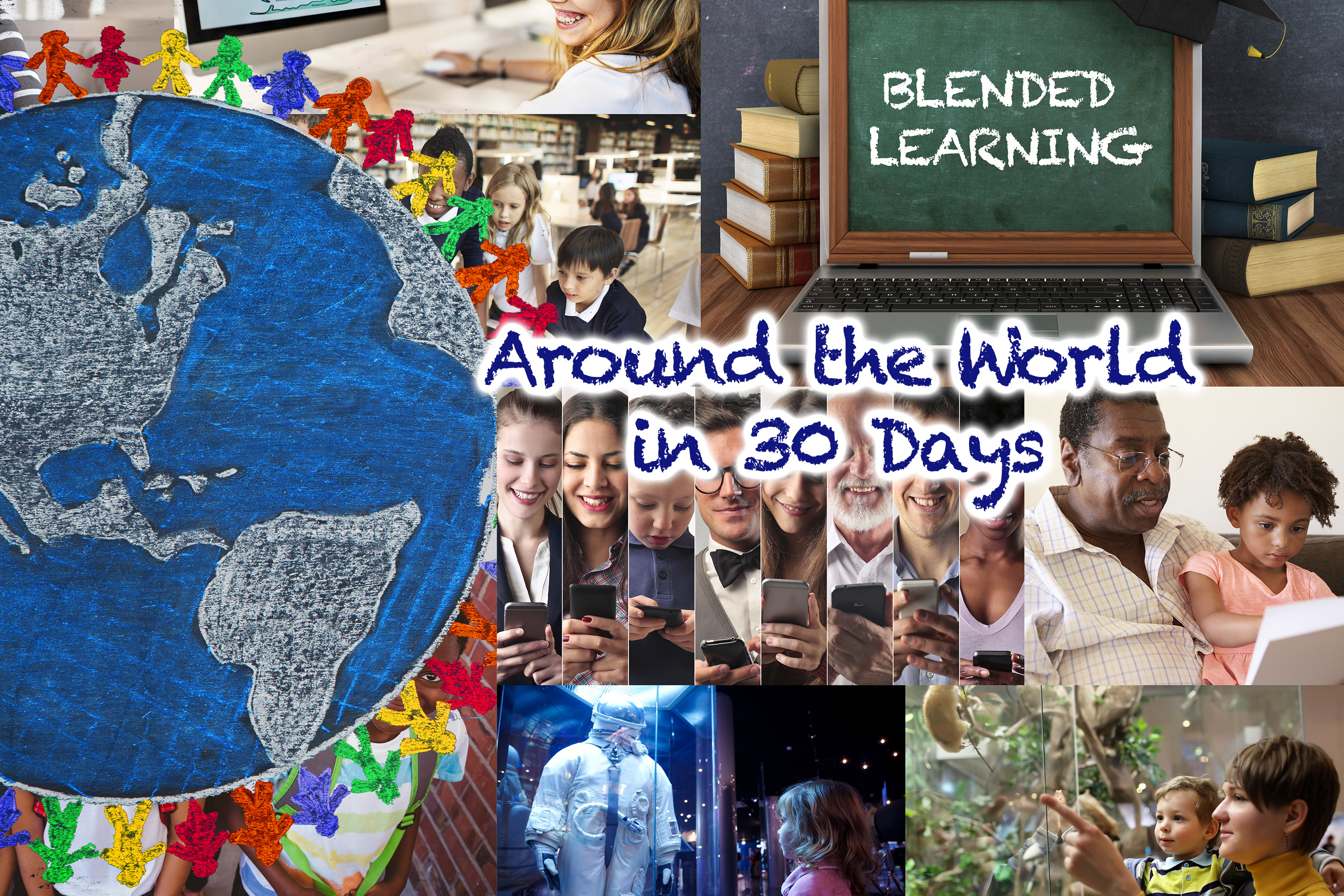
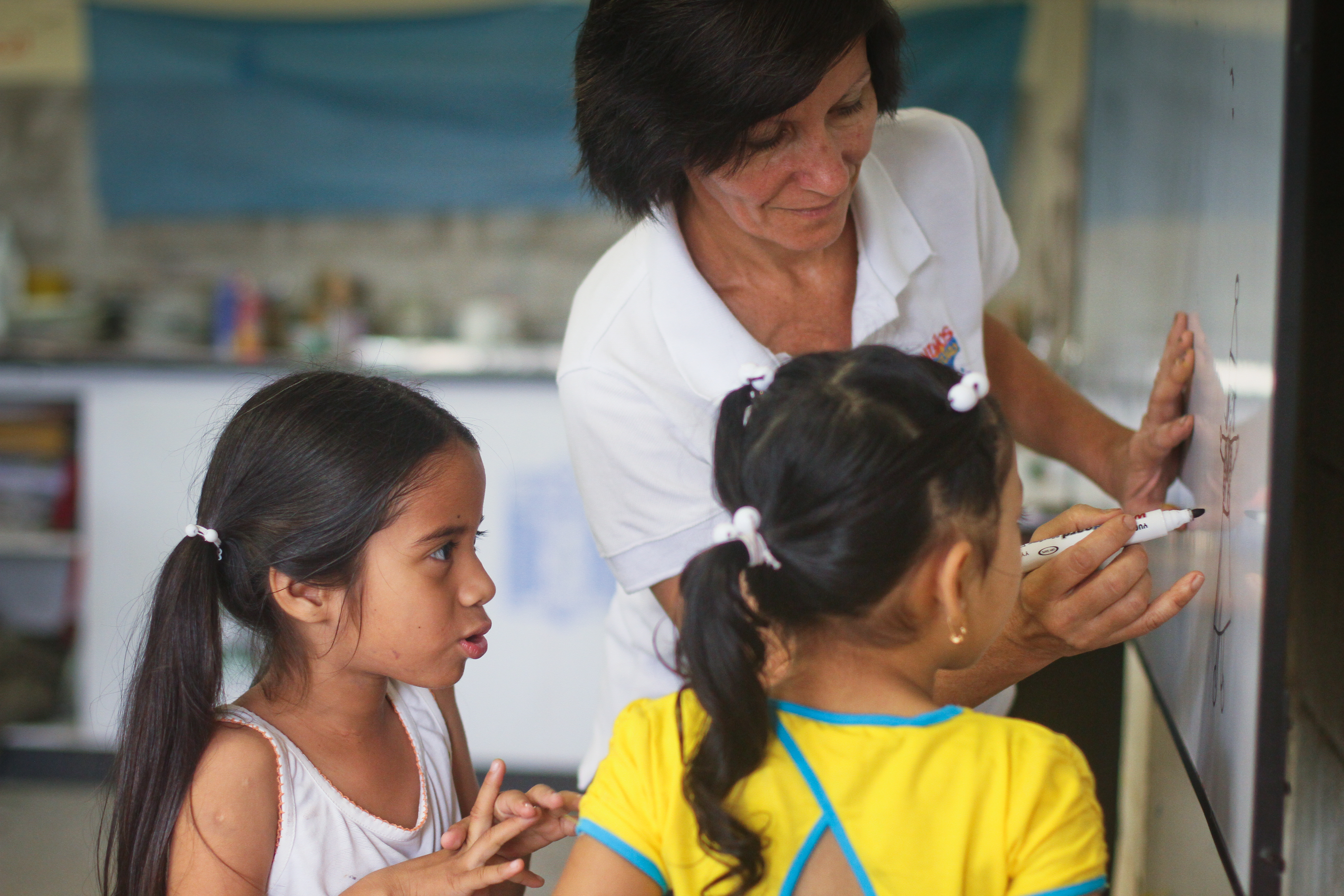

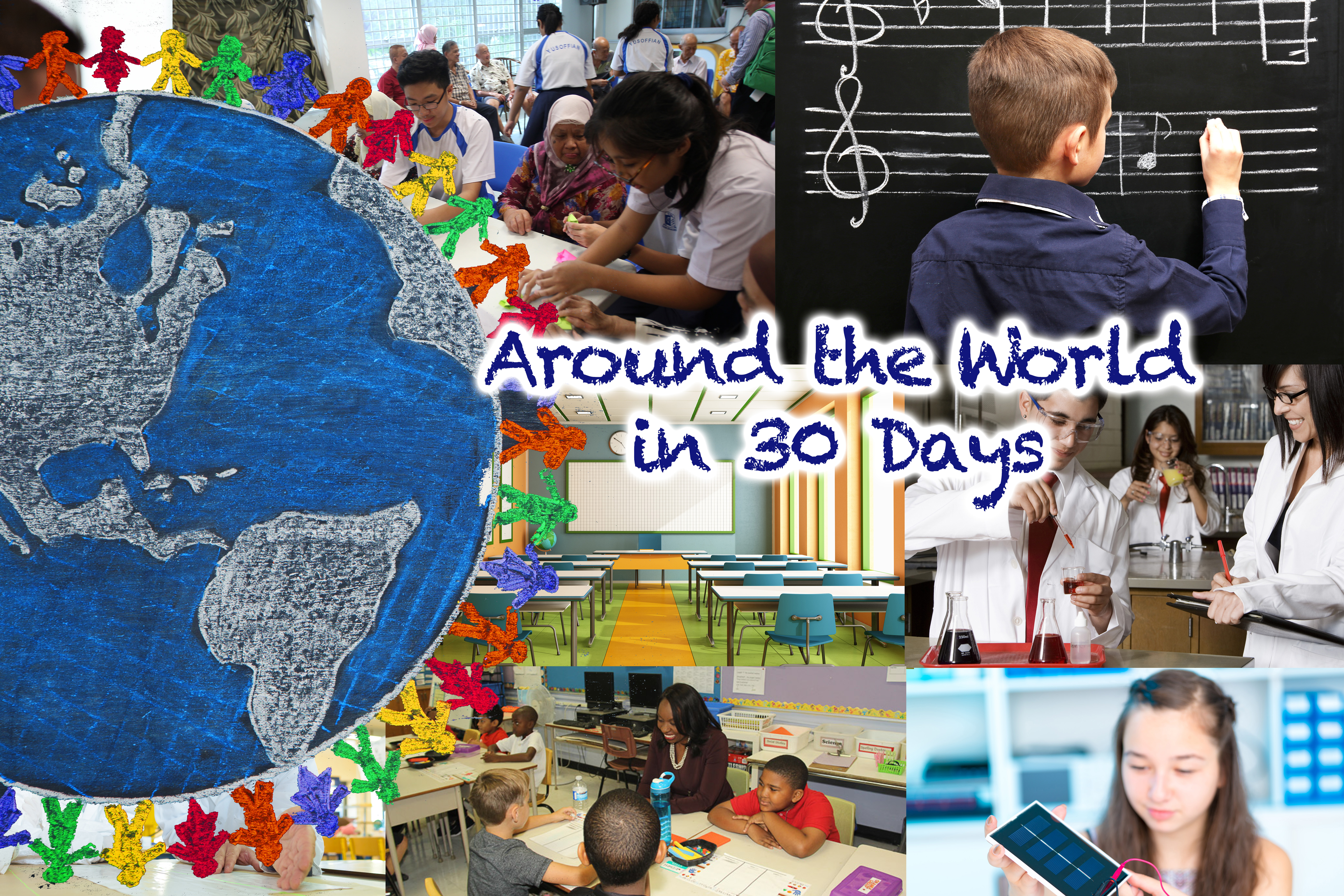
Recent Comments